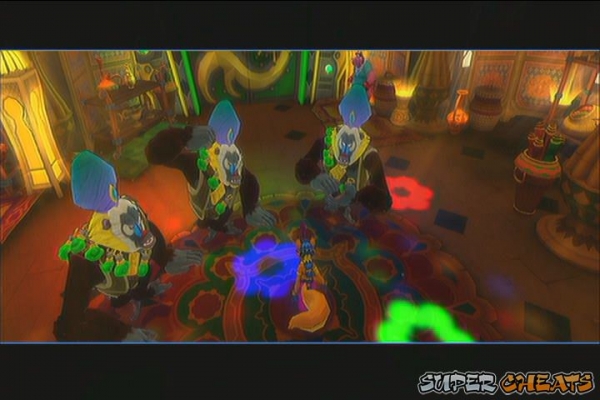



While demonizing ancestral spirits, Pentecostal practices reproduce ancestral relationships to rural hinterlands, which thwarts the disjunctures between global cities and regions that Sassen described. However, in Cape Town, global Pentecostalism also feeds on notions of spiritual superiority over ancestral spirits that are bound to the soil, which for most migrants means their home village in the South African countryside or their countries of origin such as the Congo or Mozambique. Global Pentecostalism works through transnational hubs and networks with decentralized functions in ways that can be compared with Sassen’s analysis of the networks of firms that helped produce global cities. Importantly, the flow of international migrants has reconfigured the urban religious landscape, notably by connecting the city to the global circuits of Pentecostalism. While Cape Town is not a command point of global finance, it has developed over the last two decades into a regional economic hub of services, tourism and real estate industries that draws a massive continual flow of internal and international migrants. In this chapter, I explore Pentecostal engagements with urban materialities and spiritualities in Cape Town and their practices of protecting people from what I will call ‘urban risks’.


 0 kommentar(er)
0 kommentar(er)
